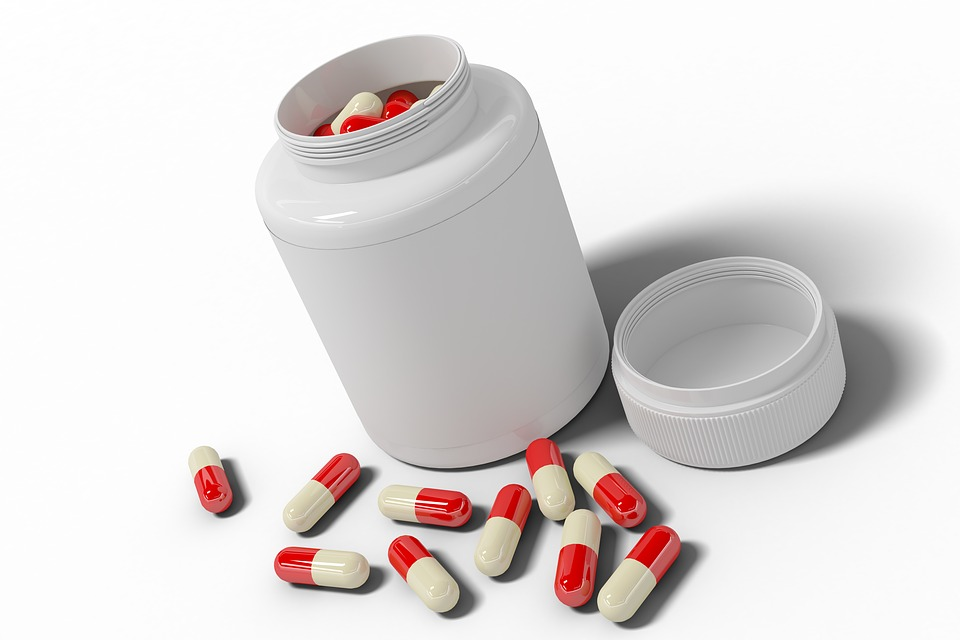
Inflammatory bowel disease (IBD) is an umbrella term that refers to a number of different conditions that cause inflammation of the digestive tract. These conditions are associated with chronic pain, gastrointestinal health issues, and digestive issues.
Far from a minor annoyance, these conditions can be very serious if they aren’t addressed in a timely manner. It’s important to know what symptoms to look for so you can bring them to the attention of your doctor right away.
If you suspect you may be suffering from a form of IBD, such as Crohn’s disease or ulcerative colitis, learn how you can address these issues and start managing your condition so you can enjoy a higher quality of life.
Crohn’s Disease
Crohn’s disease is a gastrointestinal health condition that involves inflammation in the lining of your digestive tract. It mostly affects the areas of the small and large intestines, although it does occur in other areas of the GI tract.

Symptoms of Crohn’s disease include typical signs of gastrointestinal upset, such as abdominal cramps and discomfort, irregular bowel movements, fatigue, reduced appetite, and bloody stools. More severe cases may also cause iron deficiency, kidney stones, and visible inflammation of the joints.
Causes and Risk Factors
Crohn’s disease is primarily the result of genetics and your immune system. Some researchers have suggested that it begins as an autoimmune disorder, but there is currently no definitive research on the exact cause of the condition.
While a poor diet and high amounts of stress can aggravate Crohn’s disease and other IBDs, these factors do not cause the disease. Still, eating right and reducing your stress levels can help you halt the progression of Crohn’s disease and alleviate discomfort from symptoms.
Your risk of developing Crohn’s disease is higher if you smoke, and the frequent use of nonsteroidal anti-inflammatory drugs (NSAIDs) can exacerbate the symptoms. Most people who are diagnosed with Crohn’s disease start noticing its effects before they turn 30.
Treatments and Gastrointestinal Medicines
There is no cure for Crohn’s disease, but it’s still important to seek treatment. Chronic symptoms can be difficult to manage alone, so it’s best to speak to your doctor to see what medications may be right for you.
People with Crohn’s disease are commonly prescribed immunosuppressants and steroids, which can reduce the rate of the condition’s progression and alleviate symptoms. Surgical treatment may also be available.
Ulcerative Colitis
Like Crohn’s disease, ulcerative colitis is a form of IBD that involves inflammation of the intestines. It gets its name from the presence of ulcers in the digestive tract, which cause irritation and pain.
Ulcerative colitis typically occurs in the large intestine and the rectum. It can sometimes be hard to detect in the early stages, as symptoms progress slowly. However, if left untreated, these symptoms will progress and become difficult to manage.
Symptoms include rectal pain and bleeding, abdominal pain, issues with bowel movements like constipation or diarrhea, fever, fatigue, and unexplained weight loss.
Causes and Complications
Not much is known about the specific causes of ulcerative colitis, though the condition is believed to be associated with genetic and autoimmune factors.
Ulcerative colitis can become a serious risk to your health and wellbeing if any complications develop. One of the most serious complications is the development of colon and rectal cancer.
Gastrointestinal Treatment Options
Diagnosis for ulcerative colitis involves a tissue biopsy as well as blood and stool tests. Your doctor may also request a colonoscopy, CT scan, or X-ray.

Once you are diagnosed, you have a few different treatment methods. The most common treatment is anti-inflammatory medications such as corticosteroids or 5-aminosalicylates. Other medications reduce inflammation by suppressing the immune response.
In more serious cases, you may need to have your colon and rectum surgically removed.
Reducing Your Risk of Colon Cancer
Both Crohn’s disease and ulcerative colitis have been linked to an increased risk of developing colon cancer. Colon cancer is a life-threatening condition, especially in the later stages.
If you are diagnosed with a form of IBD, it’s crucial to get regular screenings for colon cancer. These screenings allow for the discovery and removal of any precancerous growths before they can develop into cancer. Additionally, when it is detected early, colon cancer is highly treatable.
Final Thoughts
IBD can make it very difficult to live a normal life, especially if you don’t take the necessary steps to properly manage your condition. Make sure to supplement medications and other treatment methods with healthy eating and regular stress relief, and attend regular screenings for colon cancer to keep yourself as healthy as possible.
